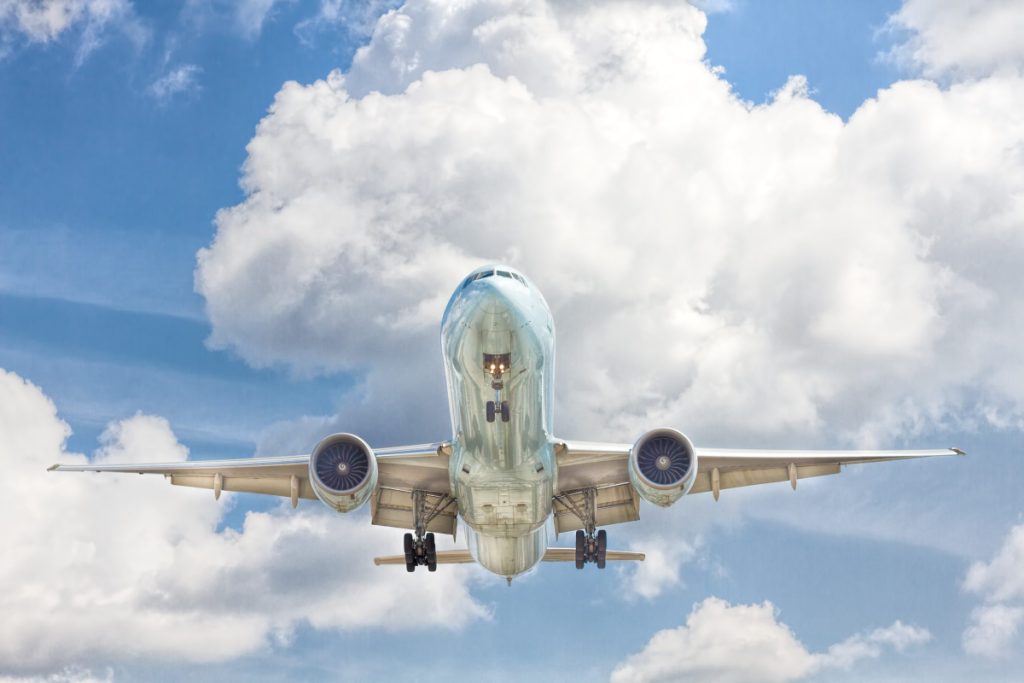Before you can take your aircraft business airborne, you must ensure you have everything necessary. This can be a daunting task, especially if you’re just starting. So, to help you begin, here’s a list of essentials every aircraft business needs.
Paperwork and Permits
No matter what aircraft business you’re running, you must keep track of a lot of paperwork. This includes operating licenses and certificates, insurance policies, maintenance records, and more. Depending on the size and scope of your operation, you may also need to apply for special permits. So, what exactly will you need to take care of?
First, you will need to register your aircraft with the FAA. You will also need a business license from the Department of Transportation. In addition, you will need to get an Aeronautical Radio Station License from the FCC. And finally, you will need to purchase insurance for your business.
An Organization System
In any business, but especially in an aircraft business, the organization is critical. There are a variety of reasons for this. First, it helps to keep track of inventory and ensures that all aircraft, supplies, and parts are accounted for. Second, it helps to keep track of maintenance schedules and ensures that all aircraft are correctly serviced.
Third, it helps to keep track of customer information and reservations. Finally, it helps to keep track of financial data and ensure that the business is running smoothly. An organizational system can help streamline all these processes and make it easier to run the business.
Remember to invest in a sound filing system to help documents stay accessible and ensure you’re always in compliance. This can be as simple as a set of folders and labels or as complex as a computerized database. Whichever route you choose, just make sure everything is labeled correctly and easy to find.
Safety Equipment
Safety is always the top priority in any aircraft operation. To that end, you’ll need to ensure you have all the proper safety equipment at all times. This includes fire extinguishers, first aid kits, emergency beacons, and more. Depending on your aircraft, you may also need special safety gear like helmets, oxygen tanks, or life jackets.
Again, the specific safety equipment you’ll need will vary depending on your operation. However, there are some general guidelines all aircraft businesses should follow. For example, the FAA requires all U.S.-registered aircraft to carry at least one fire extinguisher onboard. So regardless of what else is on your list, ensure you have at least one fire extinguisher ready to go.
Aircraft Supplies
Of course, no aircraft business can operate without a healthy fleet of planes or helicopters. To keep your vehicles in top condition, you’ll need to stock up on various maintenance supplies like oil, filters, grease, tools, and more. There are some basic supplies all businesses should keep on hand such as engine oil, hydraulic fluid, and general-purpose cleaners.
Ensure you also get the correct types of items that you’ll need. These will depend on the aircraft you’re using and how often they fly. For example, there are different types of hydraulic fluid. Mineral oil-based fluids like 5606 hydraulic fluid, synthetic hydrocarbon-based fluids, and phosphate ester-based fluids.
Good Supplier Relationships
Keeping a healthy fleet doesn’t just mean regularly stocking up on maintenance supplies; it also means having access to quality suppliers. To that end, it’s a good idea to establish relationships with reputable suppliers who can provide quality supplies quickly and without hassle whenever something goes wrong. Doing so will save you time and money in the long run.
So how can you make sure that you maintain good supplier relations?
1. Communicate regularly. Make sure to keep your suppliers up-to-date on your production schedule and any changes that might affect their deliveries. This will help them better plan their production and avoid delays or disruptions.
2. Build long-term relationships. When you find a supplier you’re happy with, stick with them. The longer you work with a supplier, the better they’ll understand your needs and be able to meet them.
3. Be fair and reasonable. Don’t try to squeeze your suppliers for every last penny – this will only lead to resentment and, eventually, poorer quality products and services. Instead, negotiate fairly and ensure both parties are happy with the agreement.
Running an aircraft business can be a lot of work, but with the right paperwork and a solid organizational system in place, it’s manageable. Invest in and stock up on safety equipment and aircraft supplies. Most importantly, make sure you have good supplier relationships in place so you can get what you need when you need it.


